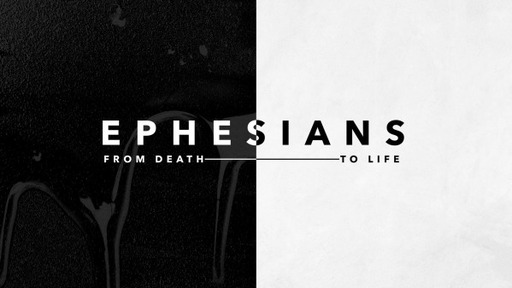Eph 2:11-22 = Breaking Down Walls

Intro
Message
The Gospel of Christ is where we are to find our identity.
Why does Paul tell us twice to “remember” so much? There can be only one answer: we too easily forget. Either because we do not want to face the pain of what we were, or because our pride tempts us to erase the shame of what we were, or because we do not want to confess that we are no better than those we judge, we press our past desperation from our memory. We forget the grace that God designed to bind our hearts to his truths and to the hearts of others also claimed by his grace. It is too easy to forget, too easy to be proud of our differences, too easy to embrace our prejudices, too easy to nurse our offenses—and so the apostle says, “Remember these things.”
The fleshly corruptions that separate us from community, intimacy, and worship are overcome by our union with Christ. In him distinctions of race and nationality, pagan and pious, young and old, sinner and saint, prideful and wounded, offender and offended, implode. In him we all are brought near.
When I may want to call myself “failure, liar, hypocrite, pervert, or betrayer,” my God calls me “my child,” because I am in union with his Son.
The Gospel of Christ will break down our barriers.
Chrysostom, the great preacher of the early church, says it is as though one took a statue of silver and a statue of lead, put them into a forge and they came out a statue of gold. They not only have become one, they have become better. This higher oneness that creates a new race of humanity in Christ is not only the joy of individual Christians, it also is meant to be the source of peace between them, as they perceive the oneness they have in Christ.
Once when I was speaking for a mission conference, the host church showed a video of a ministry that it supports in Hungary that is led by a Korean who has been commissioned by Presbyterians in Romania. It is rather mind-boggling to hear it all together: North American Anglos were supporting an Asian Korean who was a missionary to the land of Attila the Hun, having been commissioned by a Presbyterian church from the historic land of Dracula.
The Gospel of Christ is building us stronger and together.
Through Christ we not only have access to our Father’s presence, we also have access to our Father’s heart. There his Spirit advocates for us with tenderness beyond our provoking, and pronounces to our heart what the heavens announce to the world: “You are our child, and you will always be.”
His sacrifice is the ultimate testimony on which we can rest our claim of God’s love. His is the cornerstone of our assurance, a divine stone that cannot be shaken, a rock upon which the hope of all who trust him is sure.
Each brick is supporting the other in prayer, in resources, in encouragement, in offering our lives in example and sacrifice for the sake of others. We are together rising to become a temple of God, and each one is vital for all the changes and challenges that we will face.
What Paul communicates is that the days of glory are not past. God did not work among his people only long ago. He did not cease working for his purposes in some ancient day. The God who brings us together indwells us for his purposes now. There is still a task for his church, and he dwells in us so that we may fulfill it. Until he comes we are in his plan for each other and for this world.
As long as we draw breath on this earth, he is fulfilling his purposes through us. He tells us that we are dear to him, secure in him, and vital to his purposes because there is still his work to do. With assurance of such love, security, and purpose, his Spirit still indwells us so that our life will be a temple for his purposes and praise.
